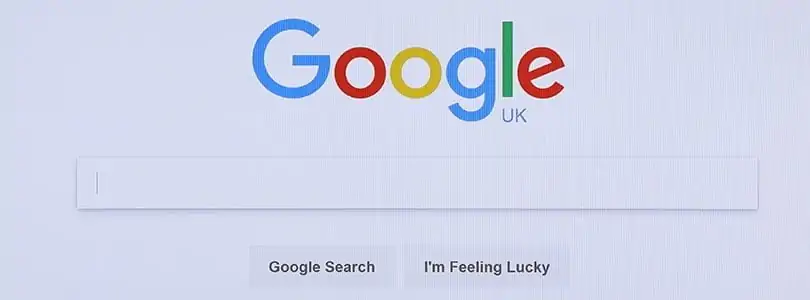Google Detects Duplicates By Looking At Similar URL Patterns
- 11 March, 2021
- Jason Ferry
- SEO Agency

The best SEO agencies make sure to create only unique content as duplicates can be detrimental to a website. Google detects duplicate content by using a predictive method that is based on URL patterns. Therefore, even the top SEO agencies should double-check their links to prevent their webpages from being treated as duplicates.
Google has a good reason to predict pages that may be duplicates based on URLs, and that’s to avoid unnecessary crawling and indexing. When the search engine crawls pages that have the same URL patterns and discovers that they contain similar content, then the system might treat all other webpages with similar URL patterns as duplicates, too.
This is bad news for businesses and webmasters because this means that multiple webpages containing unique content can be treated as duplicates just because they have similar URL patterns. Such webpages would not be included in Google’s index.
In a Google Search Central SEO hangout, website owner Ruchit Patel sought advice from Google’s John Mueller on thousands of URLs that were not correctly indexed on his event website. Mueller replied with a theory, saying that this could be happening due to Google’s predictive method that’s used to detect duplicate content.
According to Mueller, Google has multiple levels of determining when a website has duplicate pages. Usually, they check and compare the content of multiple webpages to see whether they are duplicates or not. Then, there is also their method of determining duplicates based on the URL patterns – a broader predictive approach.
Google does this to save resources when crawling and indexing. If the webpage has the same URL pattern, then they will not bother to crawl and index the content.
This method of predicting duplicates may be troublesome for things like event websites. For instance, if an event site owner takes one city and then another city that’s one kilometre away, and then the events pages shown will be identical since the events are relevant for both cities.
Then, 5 kilometres away, there could be another city that shows the exact events again. From Google’s point of view, they might end up treating all of the event URLs as irrelevant after checking them and finding that they all show the same content.
As a solution for this problem, Mueller suggested looking for real cases of duplicates and minimising them as much as possible. Webmasters and businesses can use a rel canonical on their webpages so that for each URL Google crawls and indexes, it can see that both the URLs and content are unique. As a result, Google will treat your webpages as important and keep them indexed.
Moreover, doing so shows Google clear information that the URL is supposed to be similar to the other link, and setting up a rel canonical or redirect tells Google to focus on the main URLs while still treating both as unique individual webpages.
For businesses and webmasters who are worried about this problem, it’s worth noting that there aren’t necessarily any penalties or negative ranking signals associated with duplicate content. Google will not index duplicate webpages, but this will not have a negative impact on the website overall.
Consult An Expert SEO Agency
If you need help with creating unique and relevant content for your pages, work with Position1SEO today! We are the top SEO agency in the UK, and we provide our clients with affordable packages to help boost their search rankings and site traffic.
We will provide you with a free SEO audit report to identify all of the issues holding back your website’s rankings. Then, our SEO team will work on the necessary tasks, providing you with a bespoke SEO solution.
If you’re interested in our offers, let’s talk it over our free consultation! Call us on 0141 404 7515 or email us at office@position1seo.co.uk.














